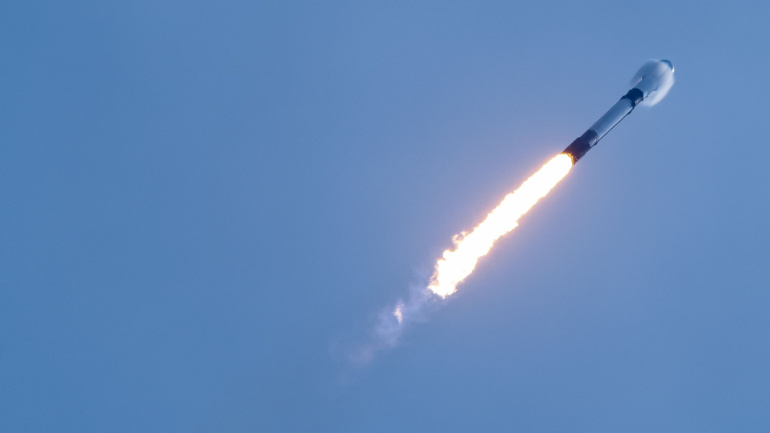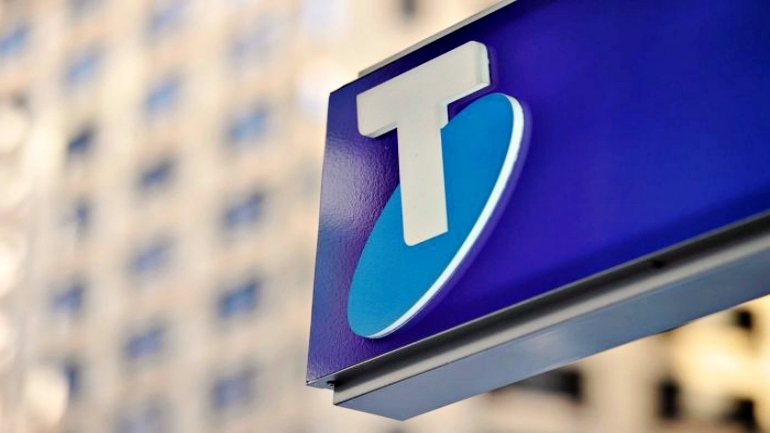Amazon’s Project Kuiper, which birthed two prototype satellites aimed to test potential satellite broadband service, operates similarly to Space-X’s Starlink and OneWeb. The venture is set to increase internet connectivity in remote areas using an extensive satellite constellation. Still, the delay in launching has welcomed accumulating competition. Rabid advancements by competitors including satellite direct-to-device technology pioneers and those concentrating on 5G NTN IoT services could tilt the scales. Would adopting the 5G NTN-compatible network give Project Kuiper a competitive edge? Or will the ongoing innovations by industry leaders overshadow it? However, underlying operational challenges and time constraints might hamper Amazon from contemplating a substantial shift in direction.
“Project Gigabit”, the UK government’s £2 billion initiative, aims to expand high-speed broadband in hard-to-reach communities. With a vision of future-proofing Britain’s connectivity, the project seeks to connect 80% of the nation by 2025. However, ensuring equal internet access brings pressing questions, such as the cost-effective efficiency of Low Earth Orbit satellites and balancing 4G and 5G network enhancements to avoid inadvertent digital inequality.
Telecom operators tapping into satellite partnerships could see a tremendous financial boost, as Juniper Research predicts a revenue uplift of US$17 billion from 2024 to 2030. With reliable geostationary orbit satellites from operators like SES and Intelsat, these partnerships promise dependable connectivity and advanced billing infrastructure to a broad customer base. Significant advancements are expected within the satellite-based 5G network landscape, transforming coverage, throughput, and resilience.
OneWeb’s constellation of low Earth orbit (LEO) satellites will enhance network coverage for Softbank, particularly in challenging regions. The move aligns with Softbank’s ‘Ubiquitous Network’ strategy, which unifies diverse non-terrestrial network (NTN) solutions to expand digital services. Besides its surprise partnership with SpaceX’s Starlink, Softbank continues to boost its stake in OneWeb, supporting its Japanese launch and integration into the Ubiquitous Network.
EdgeCore Digital Infrastructure has partnered with Zayo to enhance connectivity at its Santa Clara data center. Meanwhile, a US-led operation dismantled the Qakbot malware network, preventing further infections and seizing $8.6 million in cryptocurrency. Global roaming fraud is projected to cost $8 billion by 2028. KDDI and SpaceX plan to launch satellite-to-cellular services in Japan by 2024, bridging connectivity gaps in remote areas beyond 5G and 4G coverage.
CityFibre’s full fibre network in the UK now reaches 3 million premises, a rapid expansion when considering it connected 2 million just a year earlier. Recent key milestones include securing wayleave permissions and financial support totalling nearly half a billion pounds. Technological strides include the market launch of its XGS-PON service offering potential speeds up to 10Gbps. As these advancements continue to transform broadband, stay tuned for updates.
Allot Ltd. is chosen by a major Asian telecom operator to provide Allot DNS Secure, offering cybersecurity threat protection and parental control features to over 50 million customers. Digital Locations unveils technology to connect smartphones worldwide to high-speed Internet from satellites, promising commercial success. Veeam integrates Veeam Backup for Microsoft 365 with Microsoft’s new 365 Backup. Verizon showcases a point-to-multipoint internet solution using mmWave spectrum, reducing costs and complexities. Bridewell’s research warns of environmental challenges amplifying cybersecurity risks for over 80% of U.S. critical infrastructure organizations.
stra, the Australian telecommunications company, has announced a new partnership with SpaceX’s Starlink, a Low Earth Orbit (LEO) satellite constellation. The collaboration aims to provide home phone and broadband services to customers in remote areas. Telstra’s satellite connectivity services will offer expanded options for businesses and consumers who previously had limited access to broadband, potentially bringing them online for the first time.
Elon Musk’s ambitious plans to bring Starlink to India face challenges amidst spectrum policy clashes with local telecom operators. As the competition heats up in India’s satellite communication space, the sector’s future remains a hot topic.
Telstra and OneWeb collaborate to deliver a massive low Earth orbit (LEO) backhaul rollout, expanding connectivity for remote mobile customers in Australia and extending coverage to hard-to-reach regions.













